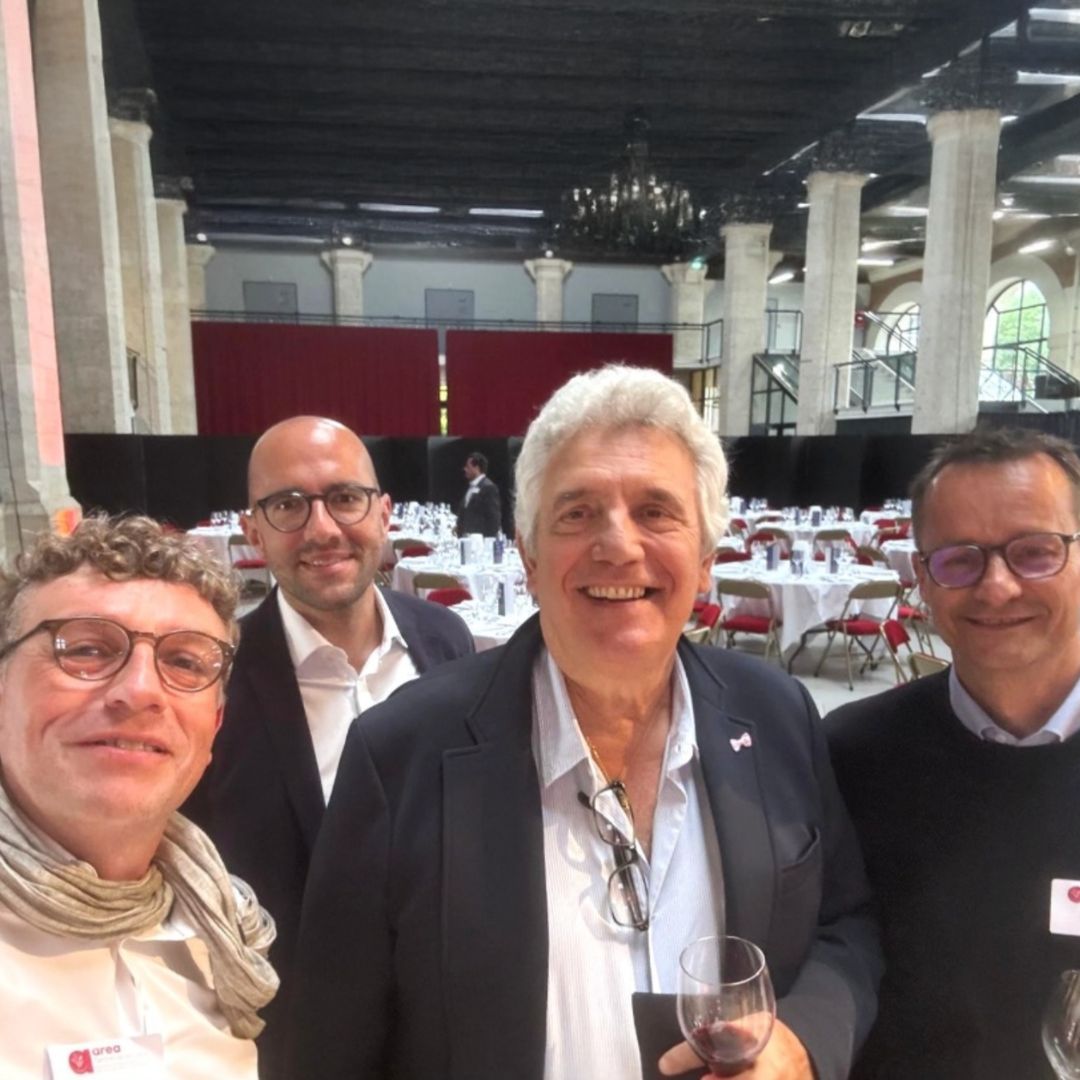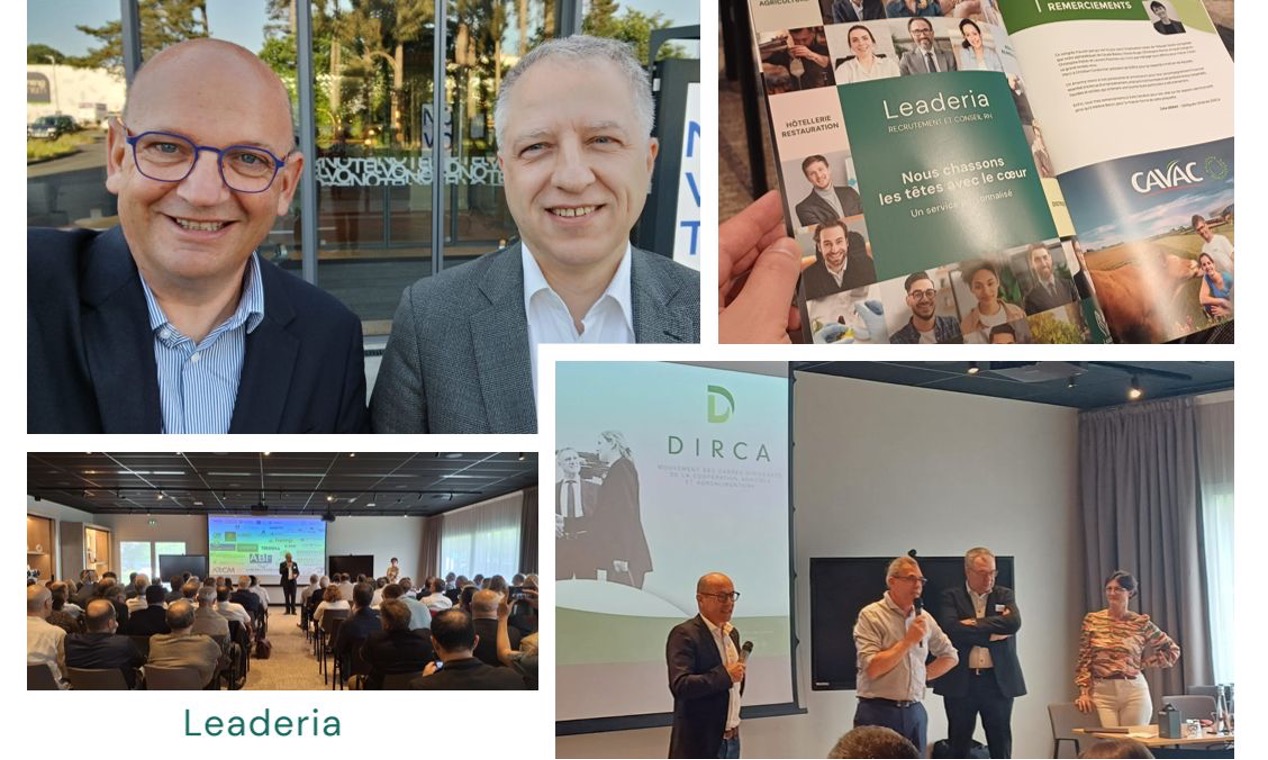
In France, the age pyramid is crumbling: senior profiles are retiring faster than generations are being renewed in companies. How, then, to optimize the use and transmission of talent in companies? Interim management can be a solution.
In France, only 57% of people over 55 are in employment, 53% in the case of women (DARES study, 2023). However, the technical and personal skills of these senior profiles are valuable since they are the result of several years of experience, in various positions and different companies.
Recruitment on permanent contracts in certain sectors is under pressure, in particular because of their low attractiveness, even though recruitment and talent management are the basis of a company’s growth and sustainability. A slowdown in recruitment can therefore put a company in difficulty, particularly in the event of change, crisis or restructuring. This situation also impacts the youngest profiles because they can no longer learn from the experience of more experienced profiles, and the transmission of intergenerational skills is not effective.
Interim management makes it possible to overcome this lack of skills in the different situations where it is necessary: change management, crisis situation, transformation, replacement.
Thus, the interim manager brings skills and proven experience to his client, in an emergency, and precisely meeting the needs required by the situation. The duration of his mission being determined from the start, the interim manager only stays in the client company for as long as necessary. In addition, his particular status does not make him an employee of the company, which therefore does not enter into its workforce, and therefore not in the personnel costs.
Thus the interim manager brings specific skills where they are needed, while transmitting his know-how to the teams in place, thus perpetuating his action during the mission.
This expertise responds to a need for skills on a temporary basis and allows the following generations to be trained to continue the actions and methods put in place during the transition mission. Thus, without modifying the average age of the employees of the company, the capacities of the employees are improved according to their needs
These articles might interest you

We Almost Played Handball with Claude Onesta
Leadership and Performance: What Companies Can Learn from Elite Sports At the AREA Centre-Val de Loire Gala, Claude Onesta, former head coach of the French handball team, delivered an inspiring and practical management lesson by blending his elite sports experience with business challenges. Aurélien VÉTAULT and Louis-Simon FAURE were present to hear a […]

We visited… The DIRCA congress in Angers
Leading Through Uncertainty: Key Takeaways from the DIRCA Annual Congress As agricultural and agri-food cooperatives face a series of profound changes — environmental transitions, regulatory pressures, and technological upheaval — the question of leadership has never been more central. The 2025 DIRCA Congress, the annual gathering of senior executives from the agricultural and agri-food cooperative […]

Interim management: when experience meets AI
From the ground to the table, AI will have taken just a few months to establish itself at every level of the value chain and reshuffle the cards. AI is optimising logistics, reducing waste and streamlining customer paths. The key role of interim management But while […]